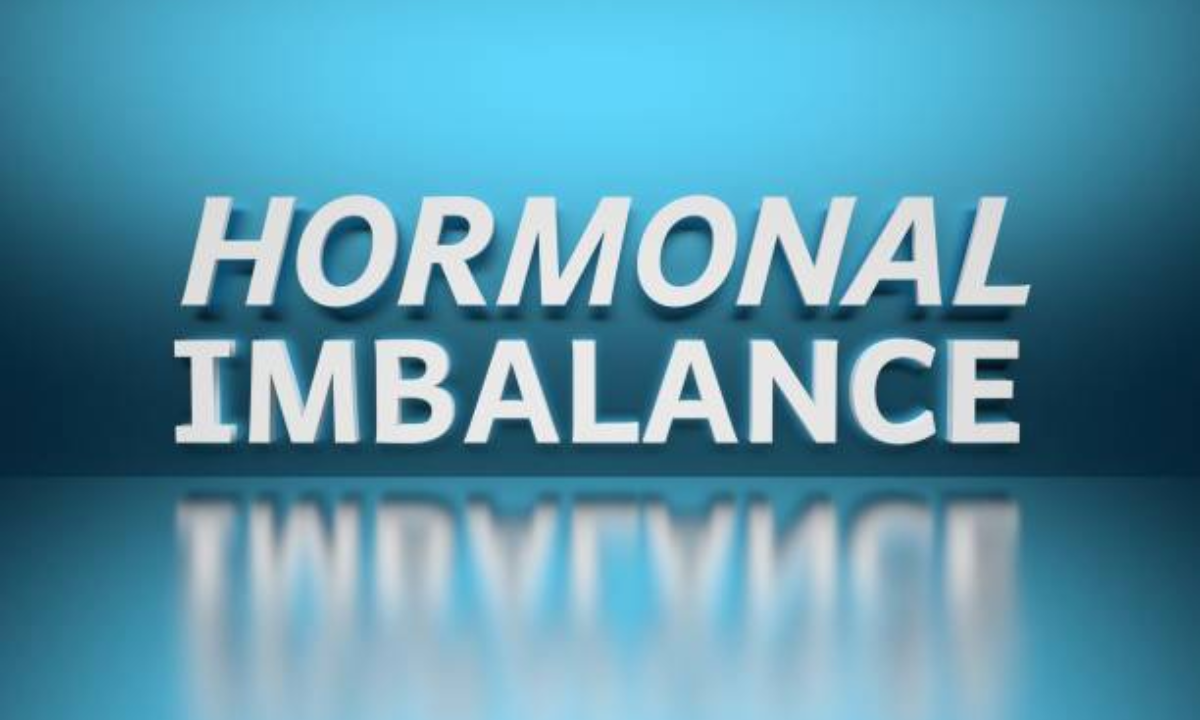Hormonal well-being is one of the most important yet neglected factors of women’s overall health. Disorders like Polycystic Ovary Syndrome (PCOS) are increasingly prevalent because of lifestyle changes, stress, and particularly eating habits. To ensure hormonal balance in women, nutrition is vital. An unhealthy diet not only aggravates symptoms but can also initiate new hormonal problems.
This blog investigates how food decisions have a direct impact on hormonal imbalance and PCOS, how to prepare a hormonal balance diet plan, and why having the right expert advice, such as from the Best PCOS Dietician & Nutritionist in Delhi, can make all the difference.
Understanding Hormonal Balance in Women
Hormones are also instrumental in controlling menstrual cycles, metabolism, mood, fertility, and reproductive health as a whole. When the endocrine system is thrown off kilter, most commonly by unhealthy lifestyle habits, it results in hormonal imbalance among women. Symptoms can include irregular menstrual periods, weight gain, exhaustion, mood swings, acne, and infertility.
One of the best-known hormonal imbalance disorders is PCOS, and it occurs in a high percentage of women during their reproductive years. It is not only a reproductive disorder but also affects metabolic and psychological health.
The Connection Between Diet and Hormonal Imbalance
The food that we consume impacts hormone production, regulation, and detoxification. Diets composed of a lot of processed foods, refined sugar, trans fats, and additives can put hormones out of balance. A whole-food, balanced approach, by contrast, assists endocrine function and instils stability.
Having a hormonal balance diet plan enables the body to regulate insulin, minimise inflammation, and regain hormonal balance. Main dietary practices include:
- Consumption of low-glycemic foods
- Incorporating healthy fats
- Adequate consumption of protein
- Maintenance of gut health
- Steering clear of endocrine-disrupting foods
How PCOS Impacts Hormonal Balance
PCOS is a syndrome involving multiple ovarian cysts, usually resulting in excessive androgen (male hormone) levels and insulin resistance. This causes irregular or missed periods, hirsutism, acne, weight gain, and PCOS period pain.
PCOS women are at greater risk of chronic inflammation, disrupted glucose metabolism, and higher risks of infertility, diabetes, and cardiovascular diseases. Among the common complaints is PCOS pain in the lower abdomen, which is attributed to ovulatory dysfunction and cyst development.
Adherence to a proper diet plan can greatly alleviate symptoms and return normal ovulation cycles, hence enhancing hormonal balance in women.
Constructing a Hormonal Balance Diet Plan
Having a sustainable and healthy hormonal balance diet plan entails nutrition strategies to curb insulin resistance, decrease inflammation, and enhance hormonal detox.
1. Balanced Macronutrient Consumption
Properly balanced consumption of complex carbs, lean protein, and healthy fats normalises blood sugar and aids in the production of hormones.
2. Low-Glycemic Carbohydrates
Select whole grains, legumes, and vegetables that are not starchy. These suppress insulin spikes and decrease androgen.
3. Anti-Inflammatory Foods
Add foods such as leafy greens, berries, turmeric, and seeds to fight chronic inflammation.
4. Healthy Fats
Healthy fats from sources such as flaxseeds, walnuts, and avocado regulate estrogen and progesterone levels.
5. Avoid Hormone Disruptors
Steer clear of processed foods, plastic-packaged meals, and additive-rich foods that might have endocrine-disrupting chemicals.
Successful PCOS Indian Diet Plan
A customised PCOS Indian diet plan based on cultural choices can do wonders. Stick to traditional, minimally processed Indian foods and cooking techniques that promote metabolic and hormonal well-being.
Key Elements:
- Whole grains such as millets, brown rice, and oats
- Legumes and pulses for plant-based proteins
- Fibre-rich, nutrient-dense seasonal vegetables
- Natural spices such as cinnamon and fenugreek that enhance insulin sensitivity
- Fermented foods such as curd and kanji to enhance gut health
Portion control, meal timing, and fluid intake are also major factors in controlling hormonal balance in women with PCOS.
Regulating PCOS Period Pain and Lower Abdominal Cramps
PCOS period pain and PCOS pain in the lower abdomen can be debilitating and impact everyday life. The symptoms usually worsen due to inflammation, nutrient deficiencies, and hormonal instability. Adequate nutrition is an important factor in reducing this discomfort.
Nutrients like magnesium, omega-3 fatty acids, and B vitamins are especially beneficial in reducing cramps, supporting mood, and regulating cycles. Avoiding inflammatory foods like excess sugar, fried foods, and refined carbs can further ease pain.
Why Consult the Best PCOS Dietician & Nutritionist in Delhi
Each woman’s hormonal terrain is distinct, and so is her experience with PCOS. This is where the Best PCOS Dietician & Nutritionist in Delhi steps in and becomes a crucial guide. Individualised diet regimes, frequent monitoring, and lifestyle counselling by an expert guarantee lasting outcomes.
Not only do expert Dieticians personalise food options, but they also assist in decoding symptoms, recommending pertinent lab work, and offer mental well-being support—key elements for handling PCOS.
Conclusion
For women looking for long-term solutions to hormonal imbalance in women and PCOS symptoms, professional guidance is essential. Avni Kaul, a renowned clinical nutritionist and owner of NutriActivania, is known for her evidence-based, personalised approach to hormonal well-being.
Best PCOS Dieticians & Nutritionists in Delhi, Avni Kaul, has helped hundreds of women regain control over their hormones through sustainable, culturally aligned, and practical diet plans. If you are fighting PCOS or finding it difficult to stay in hormonal equilibrium, the time has come to take control of your health. Join hands with Avni Kaul and take a life-changing journey with Nutri Activania, where recovery starts with healthy food choices.


